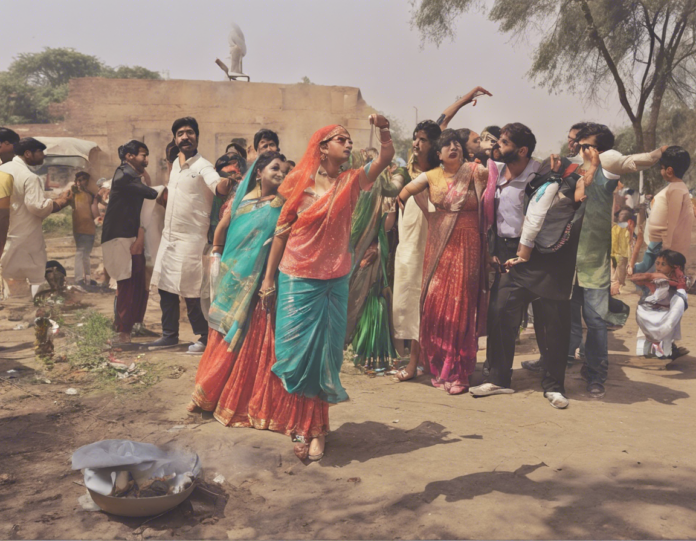Introduction
Halala in Islamic law
In Islamic law, halala refers to the practice where a woman who has been divorced from her husband three times cannot remarry him until she has first consummated a marriage with another man. Only after this second marriage has ended, can the woman remarry her first husband. This practice has been a subject of much controversy and debate within the Muslim community, with some arguing that it goes against the true spirit of Islam, while others believe it is an essential part of Islamic marriage laws.
Origin and purpose of halala
The practice of halala has its roots in the Quran and the sayings of the Prophet Muhammad. The purpose of halala is to discourage the misuse of divorce as a tool for resolving marital conflicts. In Islam, divorce is seen as a last resort, and the procedure for divorce is outlined in great detail in order to ensure that it is done with the utmost care and consideration for all parties involved.
Procedure for halala
If a woman has been divorced three times by her husband, she is not permitted to remarry him until she has completed a halala marriage with another man. This second marriage must be a legitimate, consummated marriage, and not a temporary arrangement. Once the second marriage has been consummated, and if it ends in divorce, the woman is free to remarry her first husband if they both wish to reconcile.
Controversies surrounding halala
Despite its intended purpose, the practice of halala has come under scrutiny for various reasons. Critics argue that it can be exploited and abused, with some men taking advantage of vulnerable women in need of a halala marriage. This has led to calls for stricter regulations and oversight to prevent such abuses from occurring.
Alternatives to halala
Some Islamic scholars have proposed alternative solutions to the issue of triple talaq and halala. One such solution is the concept of talaq al-sunnah, which involves a divorce being pronounced over a period of time, allowing for reconciliation before the divorce is finalized. Another alternative is talaq al-bid’ah, which involves a divorce being pronounced all at once but allows for the possibility of reconciliation without the need for halala.
Conclusion
In conclusion, halala is a practice in Islamic law that is meant to discourage the misuse of divorce and promote reconciliation between spouses. While it has been subject to controversy and debate, it remains an important aspect of Islamic marriage laws. It is crucial for the Muslim community to engage in open and honest discussions about the practice of halala in order to ensure that it is implemented in a fair and just manner.
FAQs about Halala
- Is halala mandatory in Islam?
-
Halala is not mandatory in Islam but is a practice meant to discourage the misuse of divorce.
-
Can a woman refuse to undergo halala?
-
A woman cannot be forced to undergo halala, and it is ultimately her decision whether or not to participate in the process.
-
Are there any restrictions on who the woman can marry for halala?
-
The woman must marry a legitimate man for halala, and the marriage must be consummated for it to be considered valid.
-
Can halala be abused by individuals for personal gain?
-
Yes, there have been cases where halala has been exploited and abused, leading to calls for stricter regulations to prevent such abuses.
-
Are there any alternatives to halala in Islamic law?
- Yes, there are alternative solutions proposed by Islamic scholars, such as talaq al-sunnah and talaq al-bid’ah, which aim to address the issue of divorce and reconciliation without the need for halala.












